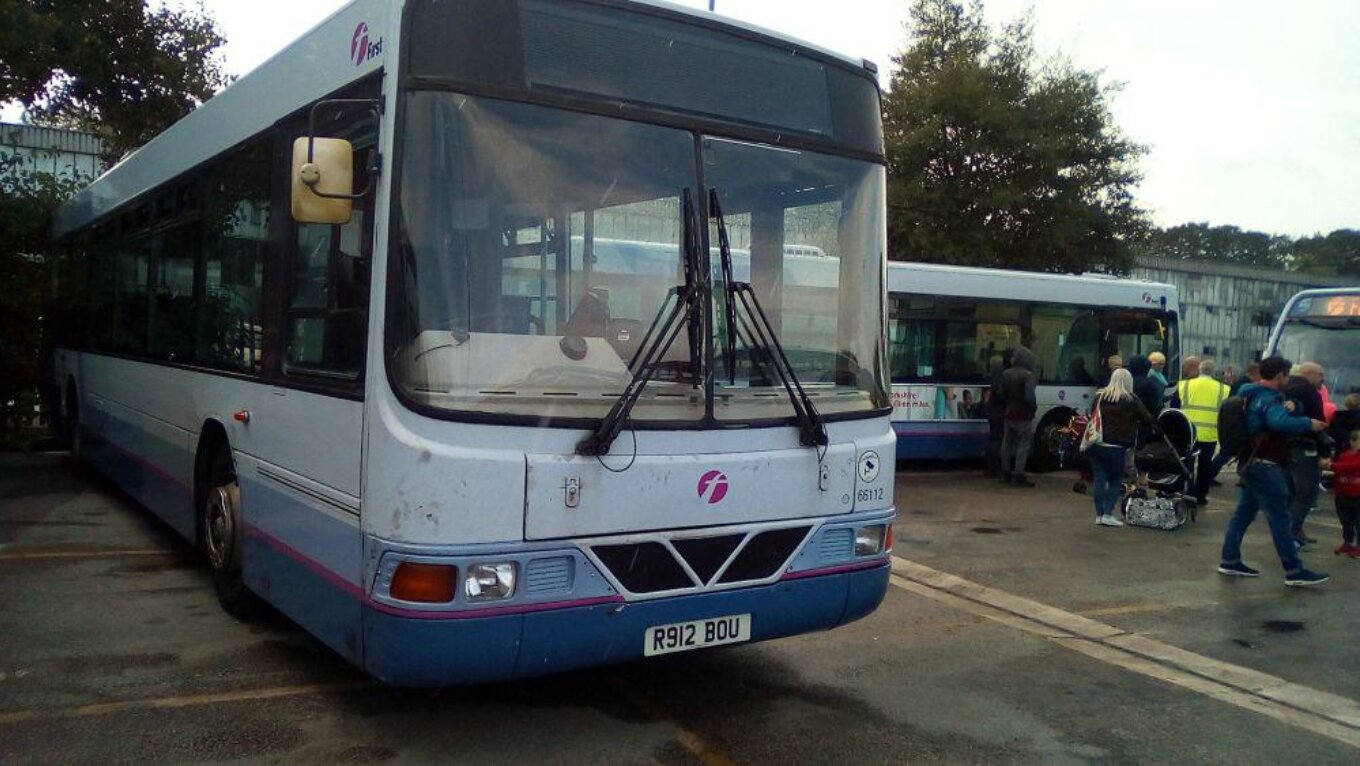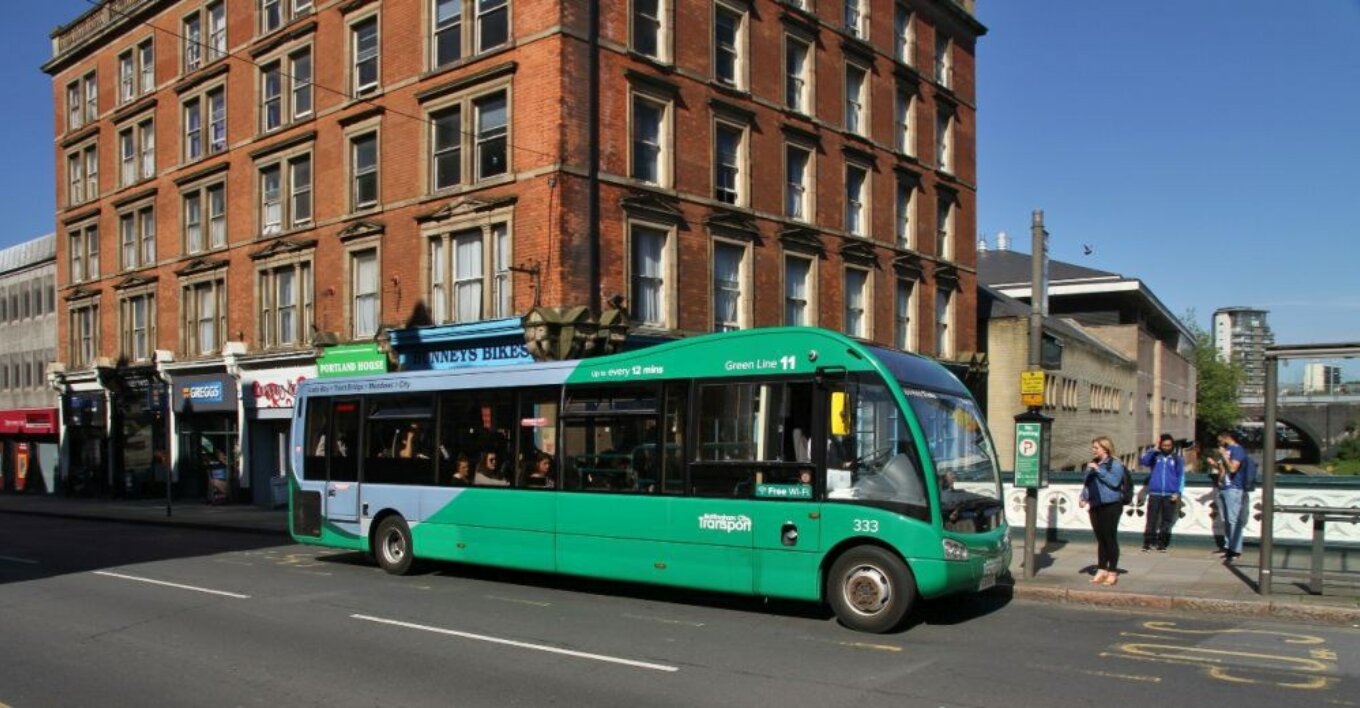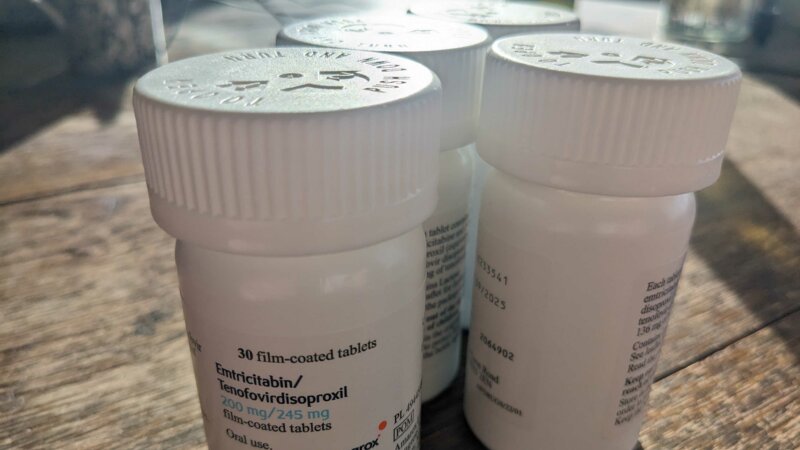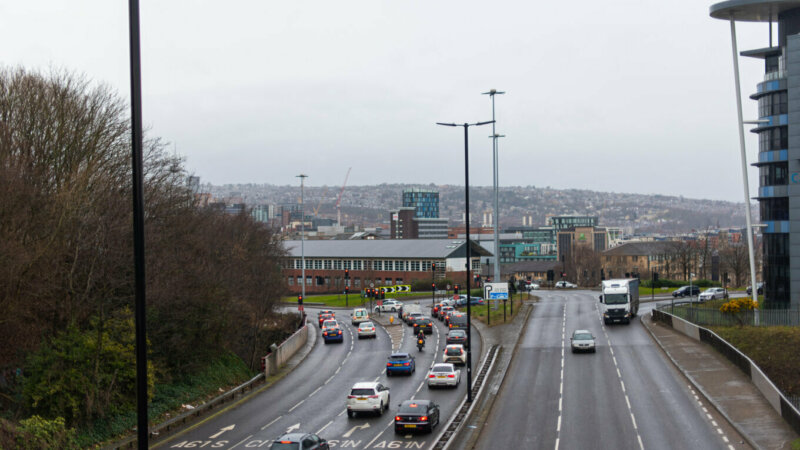At war with the bus barons: Private firms seek to block franchising model

While launching a new 'bus charter', Sheffield's Labour councillors recently reaffirmed their support for bus franchising.
A franchising model would see a public body decide routes and collect fares, like in London. They would then commission out individual services to private bus companies.
Outside London, bus companies pick their own routes and collect the fares.
This means that popular routes like Ecclesall Road are over-served by competing companies, while less profitable routes are under-served or have no buses at all.
We need to make sure Andy Burnham sticks with passengers and staff
Fares are also much higher outside London. In the capital all bus fares are £1.50, and this includes a second journey within an hour.
Franchising is one possible recommendation of the ongoing Bus Review, commissioned by Sheffield City Region Mayor Dan Jarvis.
The renters' union ACORN have also launched a campaign calling on politicians to switch Sheffield's buses to a franchise model.
But other cities seeking to change how their buses are run have met substantial opposition from the biggest bus companies.
Manchester Mayor Andy Burnham recently announced a public consultation on a franchising model. In June he described the city's current system as "fragmented and unreliable."
"Public control of our buses would mean affordable fares, a simple smart card with a cap on spend, and services that are accountable to us, our communities, like they are in London," Pascale Robinson of Better Buses for Greater Manchester told Now Then.
"We need to make sure Andy Burnham sticks with passengers and staff, and keeps on going with this pledge to give us better, regulated buses in Greater Manchester."
She continued: "If we can win here, it will completely transform our buses, setting a precedent which other regions can follow."
The Manchester Evening News reported that bus bosses have a £100m "war chest" to fight the proposed move.
Unfortunately, since Andy's recommendations, private bus companies have been showing their true colours
They want to spend the money on a raft of service improvements as an alternative to franchising. But under the companies' plans, they would keep control of fares, timetables and routes.
Operators have also threatened Burnham with legal action if he attempts to change the current system.
"Unfortunately, since Andy's recommendations, private bus companies have been showing their true colours," said Robinson.
"From threatening legal action, to spinning misinformation about higher costs for taxpayers. All this shows is that they care far more about shareholder profits than they do about passengers."
Four years ago, a group of bus companies successfully launched legal action to halt Tyne and Wear's plans to be the first non-London authority to introduce franchising.
It's likely that if Sheffield politicians push ahead with re-regulation they'll face a similar range of opposition.
"The reality is that without action to tackle congestion, which increases the cost of operating services and puts pressure on fares and services, no improvements will be forthcoming, regardless of whether buses operate in a franchised system or a partnership", Garry Birmingham, managing director of First South Yorkshire, told Now Then.
"First South Yorkshire believe a partnership between public and private sectors is the best way to deliver high quality bus services for passengers by working together to tackle congestion," he continued.
"This can be done more quickly than franchising and without the financial risk being borne by the local authority and ultimately the taxpayer."
The political reality is that the public are squarely behind bringing the buses into public control
Birmingham stressed that First South Yorkshire are already working to meet the requirements of the Clean Air Zone. From January 2021 the most polluting buses will have to pay £50 a day to enter Sheffield city centre.
He also said the company is trialling a London-style fair cap in Doncaster using smart ticketing.
Combined mayoral authorities outside London received the power to switch to a franchising model under the Bus Services Act 2017. The legislation does not allow councils to bring bus services back into full public ownership.
Uniquely, Nottingham City Council have retained an 82% stake in leading local operator Nottingham City Transport by exploiting loopholes in the deregulation legislation.
The operator has regularly topped national customer satisfaction surveys.
In 2012, the Yorkshire Post reported that bus journeys outside London had halved since deregulation in 1986. Over the same period in London, where buses remain regulated, journeys had doubled.
"London's buses work really well in public control and we deserve the same great bus services, so it's up to our representatives to deliver this," said Pascale Robinson.
"The new legislation is stronger, so local authorities are able to put together a thorough case for this change."
We asked her about the threats of legal action made by the biggest bus companies in Manchester.
"This [2017] legislation is new and we would be shocked and saddened to see a court make legislation essentially useless at the first hurdle," she said.
[PIC5]
"It's vital that we go for public control because it means a service run for us, over shareholders. With huge inequality and a climate and air pollution crisis facing us, we can't afford to have bad buses."
Robinson stressed the significant public support for re-regulation in Manchester.
"The political reality is that the public are squarely behind bringing the buses into public control."
"76% of people in Greater Manchester want the buses regulated. Just in the last week, research showed that 95% supported the idea of subsidising bus routes which are unprofitable but necessary for the public good."
"Whatever threats the bus companies make, they're on the wrong side of the argument and the wrong side of public opinion."
Sam Gregory
The Sheffield City Region Bus Review is open to public consultation until 18 October.











